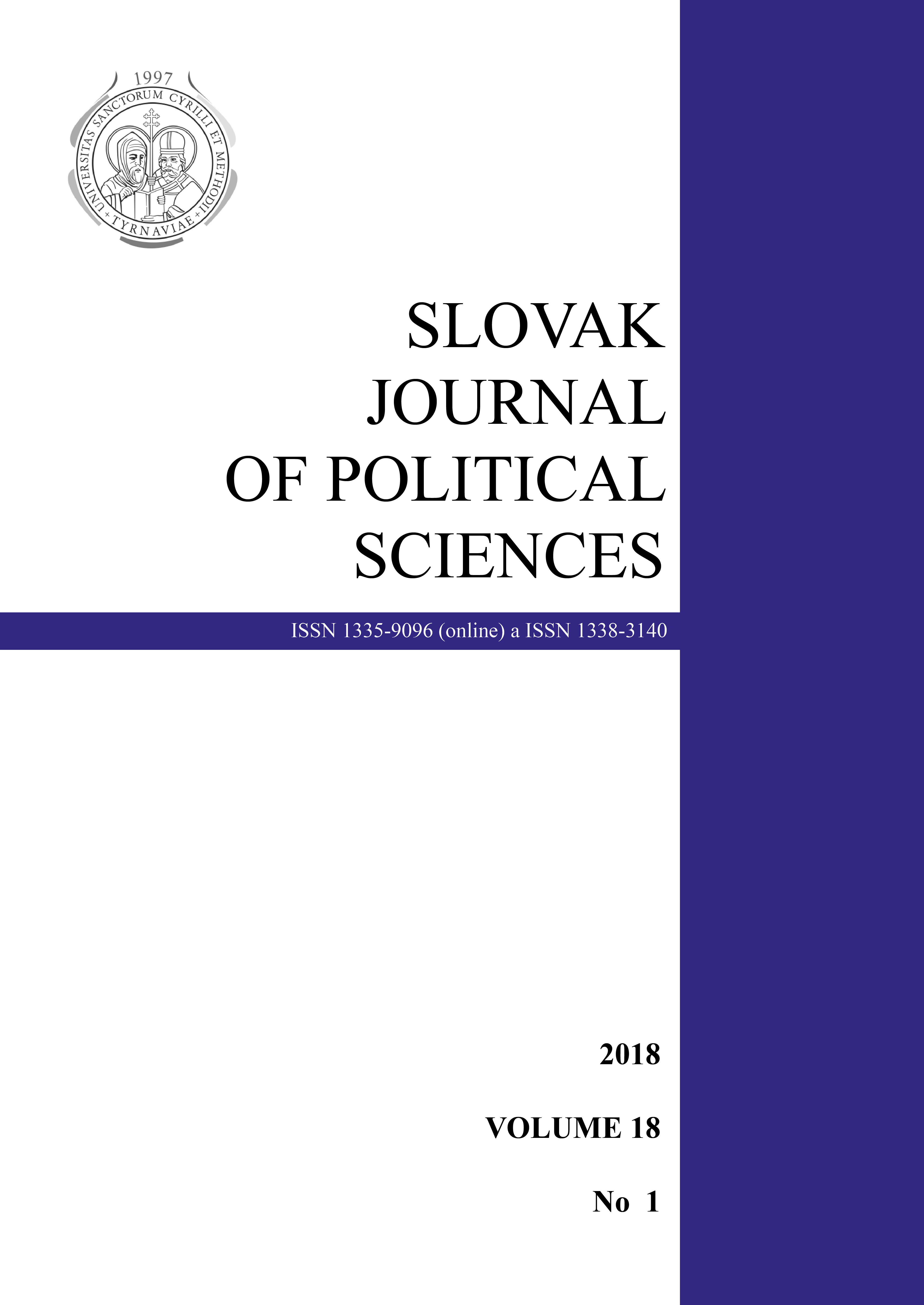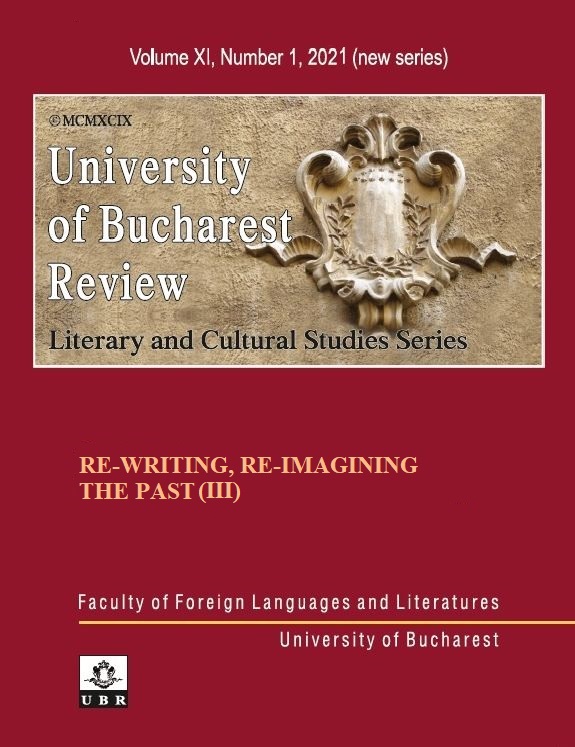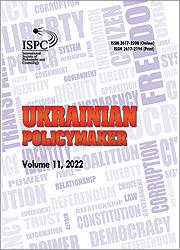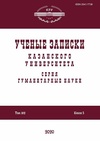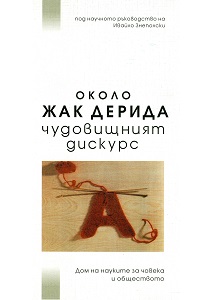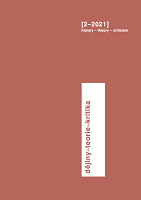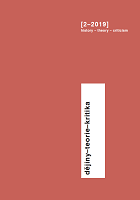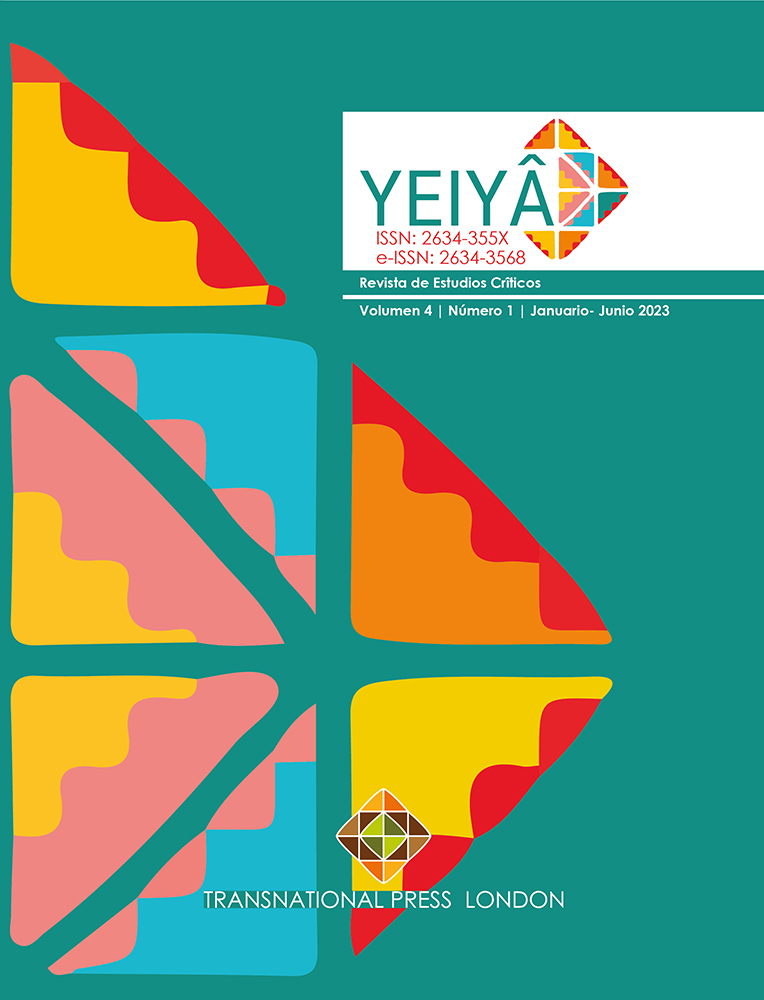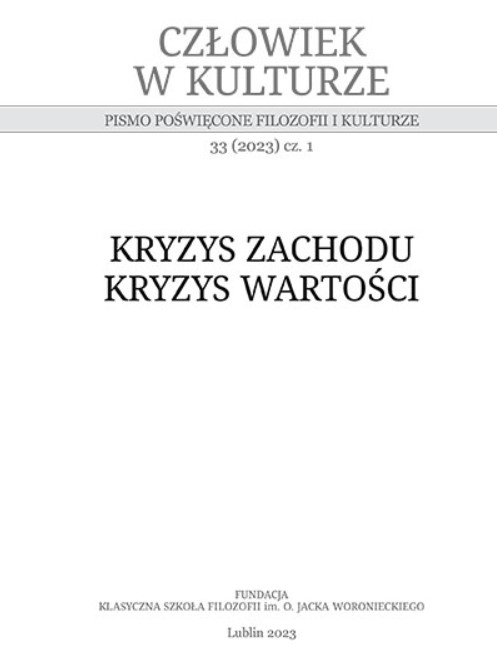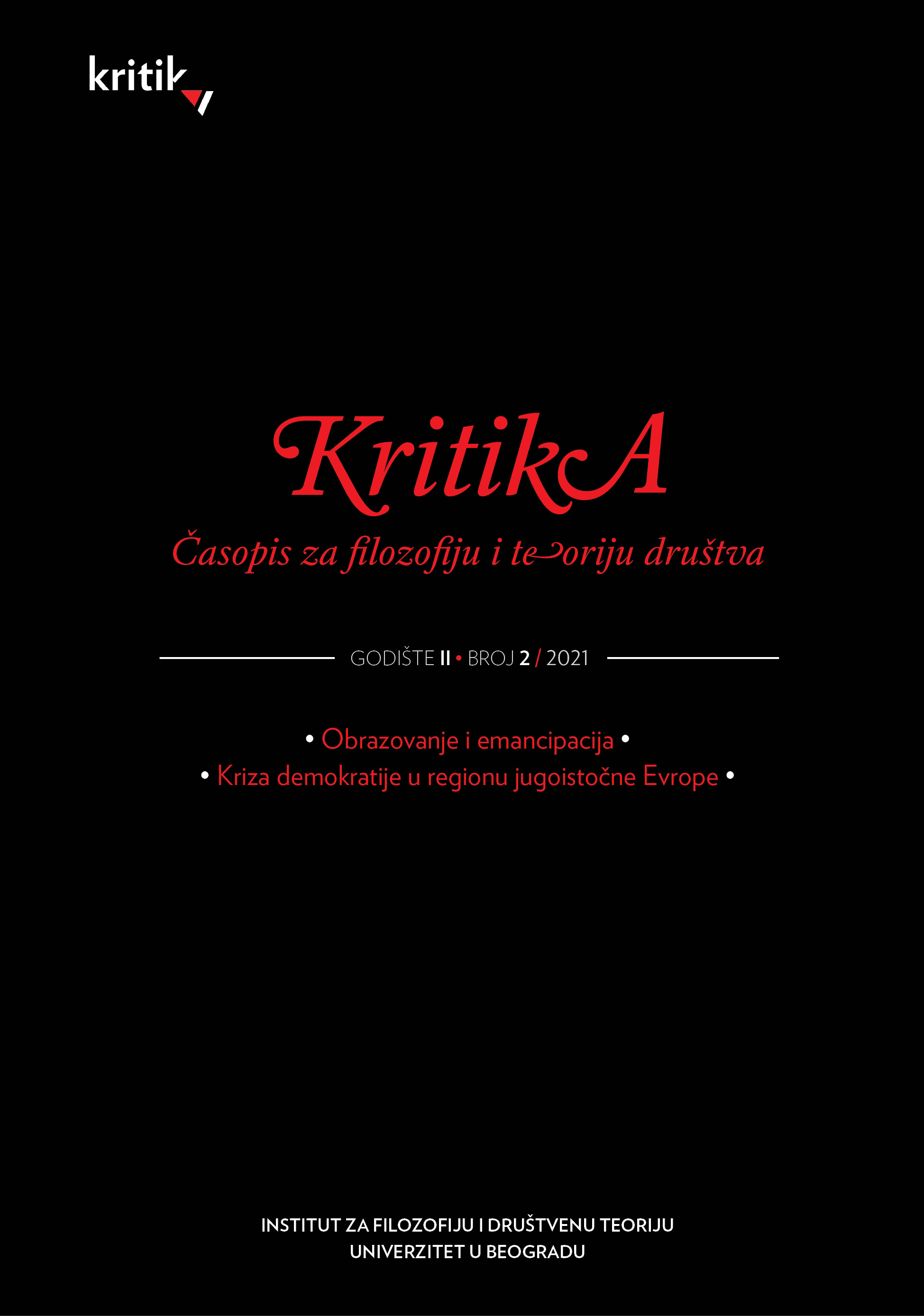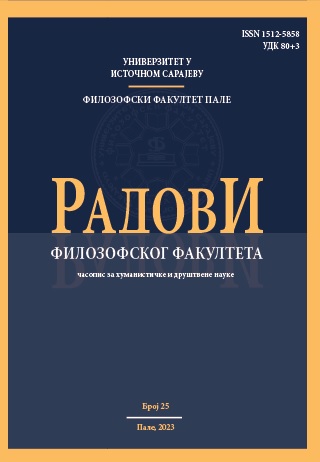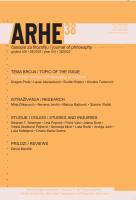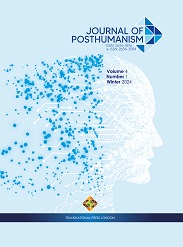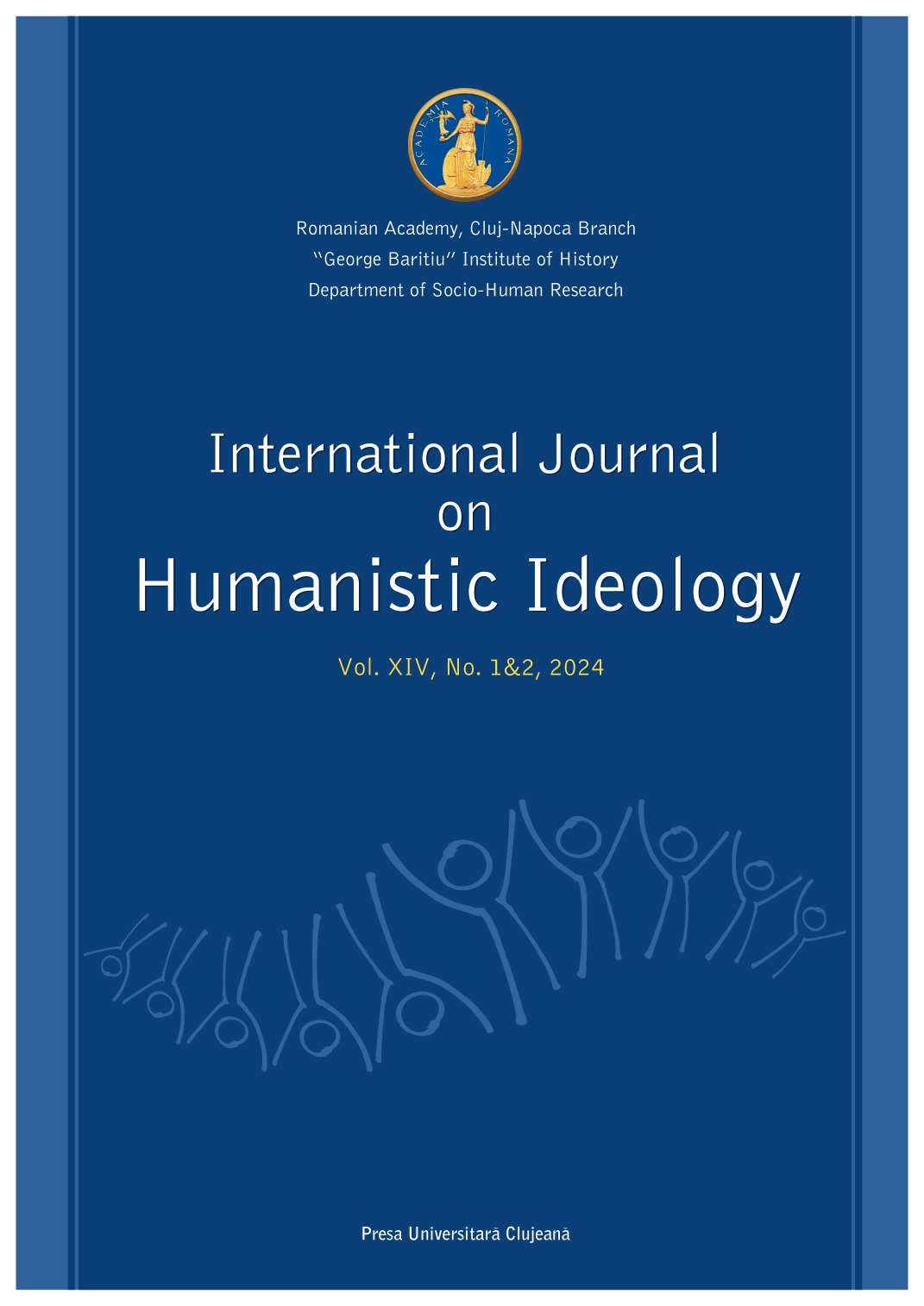Author(s): Marko Đogo,Milica V. Lopatić / Language(s): Bosnian
Issue: 25/2023
THE ARTICLE IS RETRACTED DUE TO THE INSTANCES OF INADEQUATE REFERENCING THAT WERE ONLY NOTICED AFTER PUBLICATION.
Die deutsche historische Schule der Wirtschaftswissenschaft war sehr lange eine umstrittene Schule, die nach dem Ersten Weltkrieg für viele Gräueltaten verantwortlich gemacht wurde. Allerdings galt sie als Abweichler in der Entwicklung des ökonomischen Denkens und ihre Gegner glaubten, dass diese Schule überhaupt keinen Beitrag leistete, weshalb auch ihre Vertreter beiseite gedrängt wurden. Mit dieser Arbeit haben wir gezeigt, dass diese Schule immer noch produktiv war. Allein die Tatsache, dass die Amerikaner diese Schule unterstützen und ihre Ideen durch die institutionalistische Schule weiterentwickelten, reicht dazu aus. Diese institutionalistische Schule galt als deren Nachfolger, in der sich ihre Ansichten widerspiegelten. Im 19. Jahrhundert kamen die Amerikaner gerne nach Deutschland (zwischen 1820 und 1920 kamen ca. zehntausend Personen), um eine höhere Bildung und neues Wissen zu erlangen. Aus historischer Perspektive haben wir mithilfe der induktiven Forschungsmethode gezeigt, dass die Deutschen sowie die deutsche historische Schule der Wirtschaftswissenschaft einen großen Beitrag zum Studium der modernen Wirtschaftswissenschaften geleistet haben. Die Arbeit selbst ist, in Übereinstimmung mit der Entwicklung der deutsch-amerikanischen Beziehungen, im Bereich der Wirtschaftswissenschaften in mehrere Phasen gegliedert. In der ersten Phase dieser Beziehungen hatten die Amerikaner einen großen Einfluss auf die Deutschen im Wirtschaftsbereich. Zum Ende des 19. Jahrhunderts begann die wissenschaftsphilosophische Richtung des Historizismus, in dem die deutsche historische Schule der Wirtschaftswissenschaft geboren wurde und die sich in der Mitte des 19. Jahrhunderts als Reaktion auf das klassische Denken entwickelt. Den Grundstein für diese Schule legte Friedrich List, der auch für die ersten deutsch-amerikanischen Beziehungen verantwortlich war. In der zweiten Phase (von Mitte des Jahres 1840 bis Anfang 1860) wurde die Richtung des Historizismus sehr populär. Es folgten die Vertiefung seiner Ideen, aber auch intensivere Begegnungen mit den Amerikanern, die sich in Deutschland praktisches Wissen aus dem Bereich der Wirtschaftswissenschaften aneigneten, um die Industriali- sierung ihres Landes erfolgreich voranzutreiben. Die Verbreitung der Ideen der deutschen historischen Schule in den USA führte zur Gründung der neuen Schule, aber auch zur Verbindung des amerikanischen und deutschen Wirtschaftsdenkens. In der dritten Phase, nach dem Eintritt der USA in den Ersten Weltkrieg, wurden die Beziehungen zwischen der USA und Deutschland schlechter, was dazu führte, dass keine amerikanischen Studenten mehr zum Studium nach Deutschland kammen. Nachdem Deutschland aus dem Krieg als Hauptverursacher aller Unglücke hervorgegangen war, kam es zu einer Wirtschaftskrise. All dies hatte zur Folge, dass der Einfluss der deutschen historischen Schule der Wirtschaftswissenschaft geschwächt wurde. Auf der anderen Seite wird der Einfluss des Institutionalismus immer größer. In der vierten Nachkriegshase (nach dem Zweiten Weltkrieg) verschwand die deutsche historische Schule vollständig. Einer der Gründe für das Verschwinden dieser Schule ist ihre Verbindung zum Nationalsozialismus. Allerdings sollte diese Haltung nicht verallgemeinert werden, da nicht alle Mitglieder der Schule Anhänger des Nationalsozialismus waren. Die Wahrheit ist, dass die deutsche historische Schule der Wirtschaftswissenschaft das Schicksal der gesamten deutschen Nation teilte.
More...
